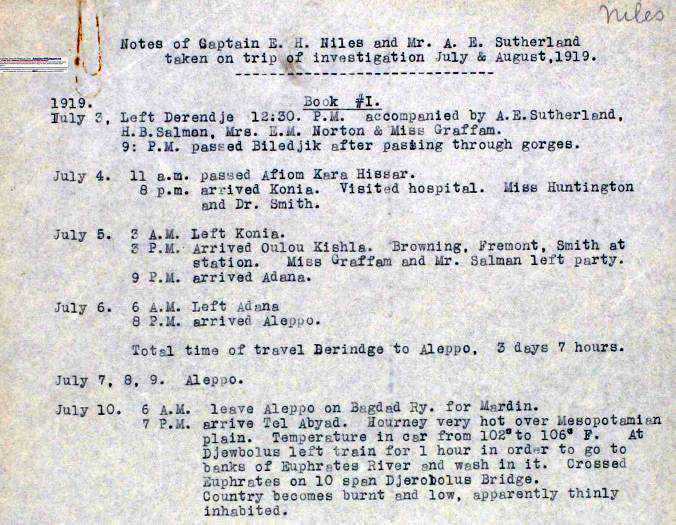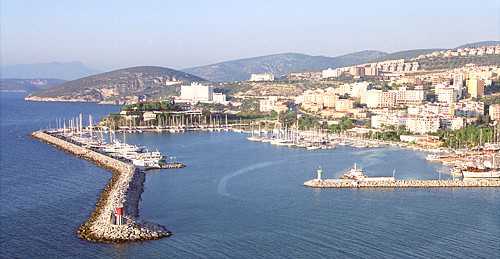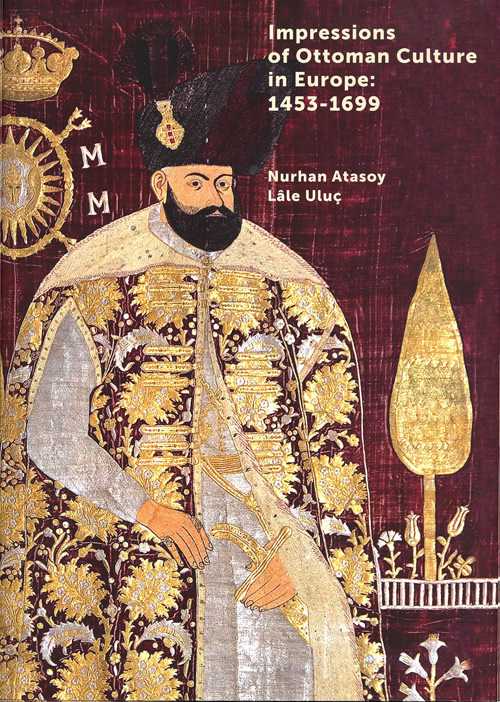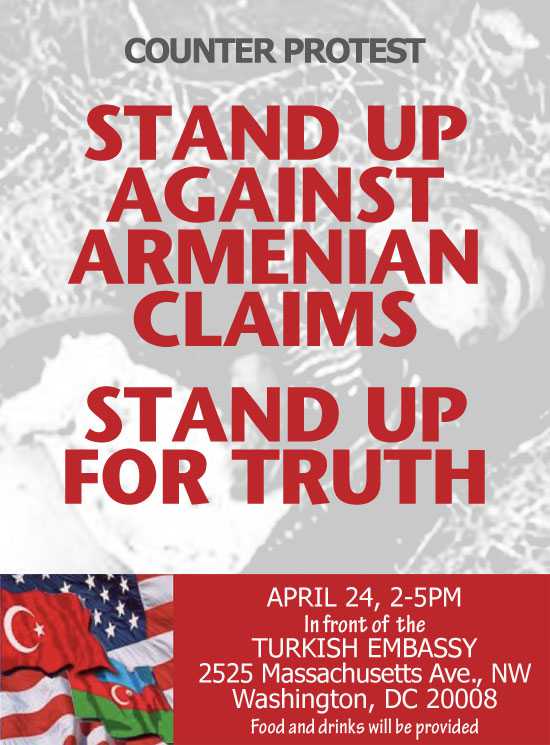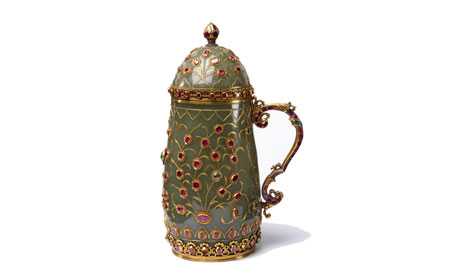Photo: EPA
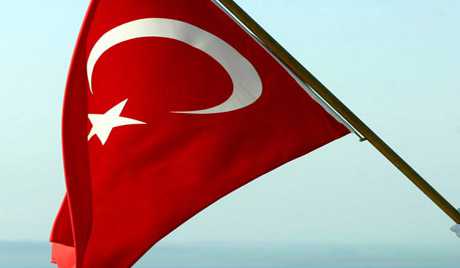
Turkey reserves the right to acquire all kinds of weapons to defend itself against any Syrian threat, Turkish President Abdullah Gul declared last Thursday.
This was his comment on the rumours that Ankara intended to ask NATO to deploy Patriot surface-to-air missiles on Turkish territory, allegedly due to the growing tension on the Turkish-Syrian border.
Turkish Prime Minister Erdogan and NATO Secretary General Anders Fogh Rasmussen both dismissed this information as guesswork. However, Rasmussen admitted that NATO had plans to defend Turkey from potential danger. Experts stress that Turkey is turning into the main regional springboard of the West’s policy of force. Some experts say that labelling neighbouring Muslim countries as a source of danger, Turkey loses more than it gains. Nevertheless, in an attempt to boost its prestige by any means Turkey decided to turn to Washington, as the attempt to rely on Brussels had not paid off. Many Europeans believe that Turkey is not a European country, has never been one and is unlikely to become one in the future.
The Turkish public, in turn, believes that Turkey’s integration in the EU is artificial in many ways and Ankara should give Europe the go-by. At present, Turks are looking eastwards, so one is justified in talking about the revival of the idea of the Ottoman Empire which in the past embraced half of the Muslim world: Syria, Iraq, Palestine, part of the Arabian Peninsula, North Africa, the Balkans and Transcaucasia. Some experts call this idea pan-Turkism and neo-Ottomanism. In any case, these slogans find response in Turkish society.
After WW1, Turkey lost its status of the actual lord of the Middle East and turned into an accessory of the West torn by internal contradictions. That was a severe blow on the Turks’ self-identification. Since the time of Ataturk, religion has been separated from the state in Turkey and Islam has had no bearing upon politics. However, the pendulum seems to have reached a standstill and have swung in the opposite direction. The current Turkish authorities are violating Ataturk’s traditions by focusing on Islamic values.
At present, many people believe that they can hear military notes in Ankara’s rhetoric. The Justice and Development Party headed by current Prime Minister Erdogan has actually united the country around a new imperial project. Turkey’s support of the Syrian opposition could be considered one of the first steps on the way to fulfilling this project. Generally speaking, Ankara’s strategy is based on consistent attempts to weaken other candidates for regional leadership. Many people find it morally and ethically doubtful.
Some Turkish politicians see a Eurasian Union as a modern replica of the Ottoman Empire. So far, Turkey has no definite role in this hypothetical supranational organisation but talk about its various shapes has been going on for a long time. Inessa Ivanova from the Institute of Oriental Studies at the Russian Academy of Sciences believes that talk about Turkey’s potential participation in some Eurasian Union is just part of Turkey’s political games in Europe.
“This idea is not new and it is aimed against the EU. Turkey is secretly moving in this direction. It was included in the Shanghai Cooperation Organisation as a partner in dialogue. It is stepping up its activity, including political activity, in the Organisation for Economic Cooperation and Development which comprises Pakistan, Iran, Turkey and South Asian countries. On the one hand, Turkey will continue playing this card by talking about Eurasia and taking steps in this direction but on the other hand, it will retain its relations with the EU. Meanwhile, Turkey has no chance to set up a union in Eurasia without Russia’s participation. This is absolutely out of the question.”
Even though many people consider Turkey’s membership in NATO an obstacle on the way of its regional integration processes, the Turkish government disagrees with this. In general, analysts believe that Turkey should take a sober view of its resources and carry out a sensible foreign policy. Otherwise, the country would be doomed to remain a champion of foreign interests, even if on a larger space than it was in the past.
via Turkey revives the idea of the Ottoman Empire: Voice of Russia.

